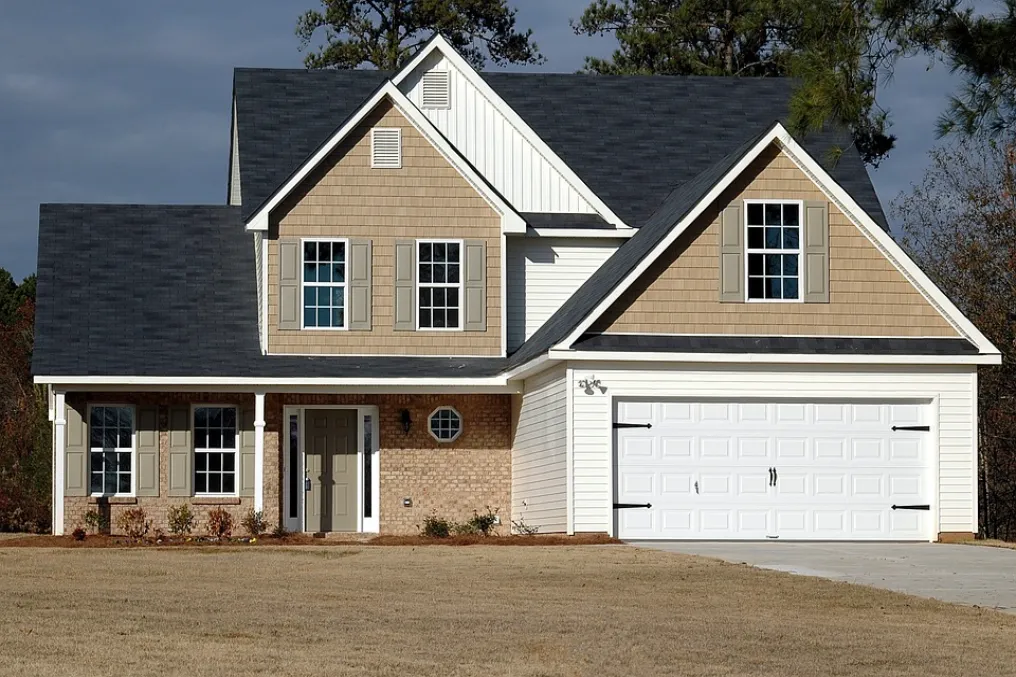Phone:
312-714-3499
Physical address:
534 E Park Ave
Elmhurst, IL 60126




Most Common Window Replacement Terms to Know Before You BuyReplacing your windows can be a daunting task, especially if you don’t know the lingo. To make sure you get the best window for your home, it’s important to understand some of the most common window replacement terms. Here are some of the most important terms to know before you buy new windows.
The U-value measures how well a window insulates against heat loss. The lower the U-value, the better the window is at keeping heat in and cold out. When shopping for windows, look for ones with a low U-value rating, as this will help keep your energy bills down. U-values are measured in British Thermal Units (BTUs). A BTU is a unit of energy that measures how much heat is needed to raise or lower one pound of water by one degree Fahrenheit. The higher the BTU rating, the more efficient the window is at keeping heat in and cold out. When shopping for windows, look for ones with a low U-value rating, as this will help keep your energy bills down. It’s also important to consider other factors such as air leakage and condensation resistance when choosing windows.
Air leakage is another important factor to consider when buying new windows. Air leakage occurs when air passes through cracks or gaps in the window frame or glass. This can lead to drafts and increased energy costs. To measure air leakage, manufacturers use a metric called cubic feet per minute (CFM). The lower the CFM rating, the less air leakage there is in the window. Look for windows with a low CFM rating to ensure that your home stays comfortable and energy efficient. It’s also important to check for other features such as weatherstripping and caulking that can help reduce air leakage even further. Weatherstripping helps seal any gaps between the window frame and wall while caulking helps seal any gaps between the window frame and glass.
Condensation resistance measures how well a window resists moisture buildup on its surface. Moisture buildup can cause mold growth and damage to walls and furniture over time. To measure condensation resistance, manufacturers use a metric called “units” (U). The higher the U-rating, the better the window is at resisting moisture buildup on its surface. When shopping for windows, look for ones with a high condensation resistance rating to ensure that your home stays dry and free from mold growth over time. It’s also important to check for other features such as double glazing or triple glazing which can help reduce condensation even further.
Glazing refers to the type of glass used in a window pane. Single glazed windows have one layer of glass while double glazed windows have two layers of glass separated by an air gap or gas filled cavity which helps improve insulation and reduce noise levels inside your home. Triple glazed windows have three layers of glass separated by two air gaps or gas filled cavities which provide even better insulation than double glazed windows. When shopping for windows, look for ones with double or triple glazing as this will help keep your home warm in winter and cool in summer while reducing noise levels inside your home. It’s also important to check for other features such as Low-E coatings which can help reduce UV rays entering your home while still allowing natural light in.
Low-E coatings are thin layers of metallic oxide applied to glass surfaces which help reduce UV rays entering your home while still allowing natural light in. Low-E coatings also help reflect heat back into your home during winter months which helps keep it warm without increasing energy costs too much. When shopping for windows, look for ones with Low-E coatings as this will help keep your home comfortable all year round while reducing energy costs over time. It’s also important to check for other features such as argon gas fillings which can further improve insulation levels inside your home without increasing energy costs too much.
Argon gas fillings are used in double or triple glazed windows to improve insulation levels inside your home without increasing energy costs too much. Argon gas is an inert gas that has excellent thermal properties which helps keep heat inside during winter months and outside during summer months while still allowing natural light into your home without compromising on insulation levels too much. When shopping for windows, look for ones with argon gas fillings as this will help keep your home comfortable all year round while reducing energy costs over time without compromising on insulation levels too much either way. It’s also important to check for other features such as tilt & turn mechanisms which can make opening and closing your windows easier than ever before!